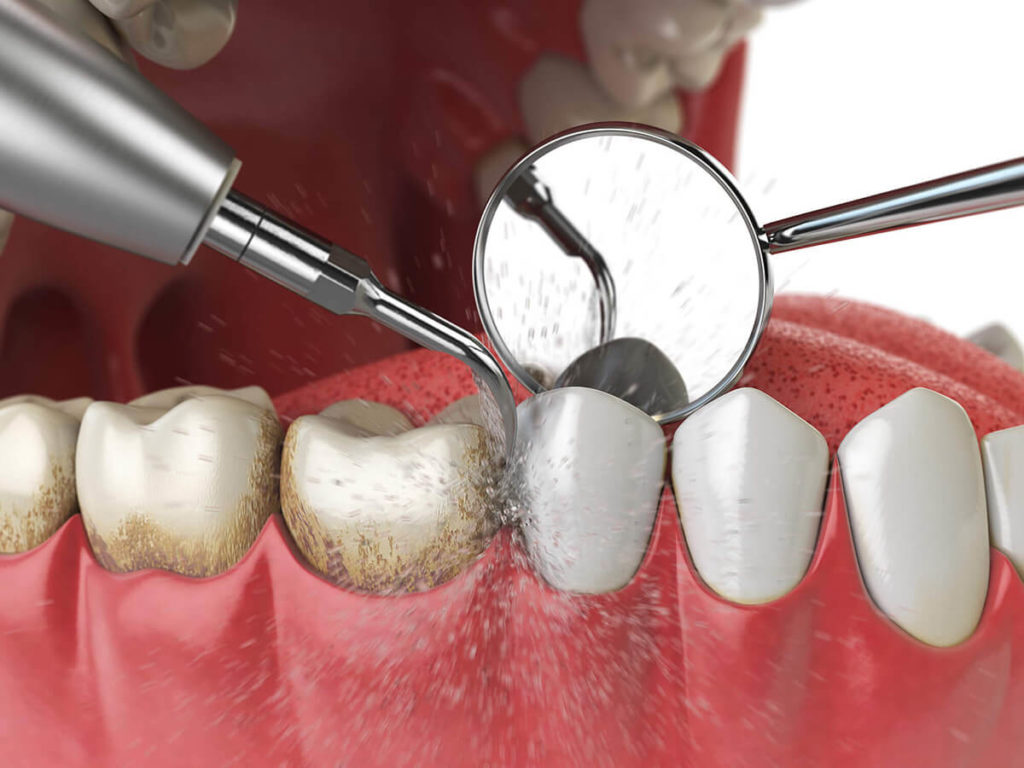Teeth Cleanings
Regular dental checkups are an essential part of maintaining a healthy smile. It’s a critical part of your oral health and something we recommend to all of our patrons. Dental checkups should be completed every six months to maintain proper, optimal health.
Teeth Cleanings and Dental Checkups in Tinley Park
As leading dental hygienists, we believe in the power of teeth cleaning, flossing, sealants, and fluoride to prevent dental disease. Our focus is on thorough dental care exams to check your teeth, gums, and overall health. At Amazing Smiles, we are equally concerned about your smile as we are about your well-being.
You can expect a typical new patient hygiene and cleaning appointment to go as follows:
-
- Our front staff will welcome you with typical information gathering and answer any dental care questions you may have.
- Next, your dental hygienist will greet you in the waiting room.
- If dental X-rays or photos are required, they will be taken to understand the overall health of your mouth and accurately diagnose any dental issue.
- Then your dental hygienist will perform a teeth cleaning, polish, floss, and fluoride.
- Next, we will take a periodontal chart to write and record gingival and overall oral conditions relating to oral and periodontal (gum) health.
- Meet the doctor for an exam and discuss any areas of concern you may have or that we may want to address.
- If any areas of concern are found, we consult with your insurance company to provide an estimate of costs. If you do not have dental insurance at the time, you can use our third-party payment provider, CareCredit, to pay for the care you need.
- During your appointment with the doctor, please feel free to openly inquire about any dental concerns you may have.
- Schedule any needed treatment or your next 6-month cleaning appointment.
Expect this first appointment to take between 1 hour and 1.5 hours so that we don’t rush you through or provide too much information too quickly for you.

-
Why are dental checkups important?
Many oral health concerns can only be detected through a thorough examination by a trained dentist. Dental checkups provide oral cancer screenings, digital X-rays to check for hidden issues, and professional cleanings to eliminate plaque, bacteria, and other buildups that daily brushing and flossing won’t effectively eliminate.
Gum disease is the leading cause of tooth loss, so early intervention is essential. Once gum disease has taken its toll on the tooth and supporting bone, it cannot be restored but only managed or replaced. The dental hygienist will use a small ruler to gently measure the gum “pocket” around each of your teeth, making note of areas that you can’t clean with a toothbrush or floss. X-rays are used in conjunction with these measurements to identify areas of bone recession.
-
How often should you get dental checkups?
For maintaining good oral health, it is generally recommended to have dental checkups every six months. However, the frequency may vary based on individual dental health needs. Some people may need visits more frequently, such as every three to four months, especially those with a higher risk of dental disease. These groups include smokers, pregnant women, diabetics, people with current gum disease, people with a weak immune response to bacterial infection, and those who tend to get cavities or build-up plaque. Conversely, people with excellent dental health and no history of cavities or gum disease may need to visit the dentist less frequently. It’s best to follow the personalized advice of your dentist based on your specific dental health conditions.
-
What are the signs of oral cancer?
Be alert for these key indicators of oral cancer:
- Persistent sores or ulcers in the mouth that don’t heal within two weeks.
- Red or white patches on the gums, tongue, or mouth lining.
- Swelling, lumps, or thick patches anywhere in the mouth.
- Difficulty chewing or swallowing, persistent sore throat, or jaw stiffness.
- Numbness or unexplained bleeding in the mouth.
- Loose teeth without dental cause and ear pain without hearing loss.
Consult a healthcare professional if you notice any of these symptoms persisting or worsening.
-
Why are brushing and flossing important?
-
What are other preventative dental care strategies?
More questions?
If you have any questions or would like to schedule your dental checkup, contact our office and we'll be happy to help.

